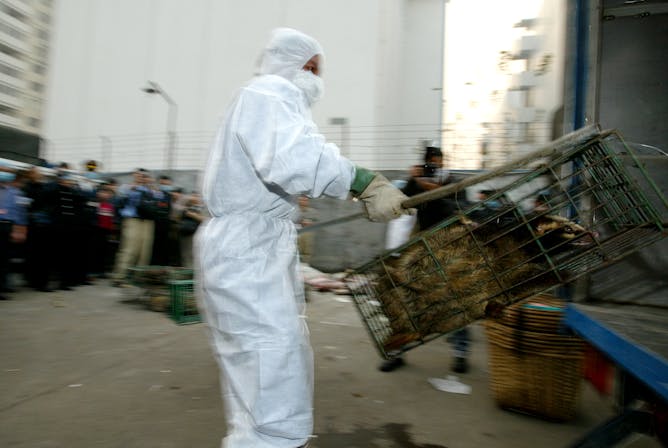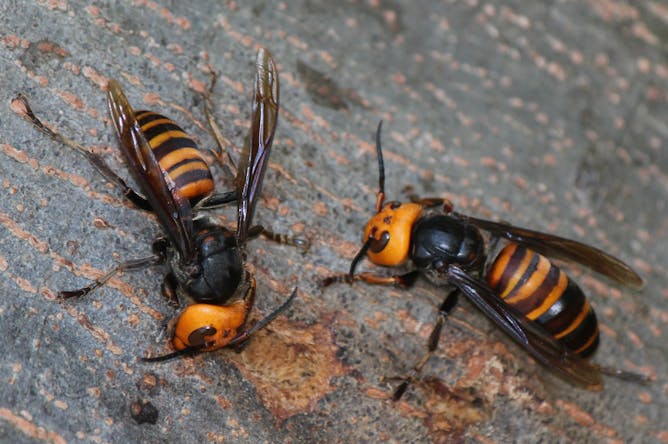|
The biggest environment and energy stories of 2020 remind me of a line from “Pogo,” the classic comic strip that ran from 1948 to 1975: “We have met the enemy and he is us.”
Scientists widely agree that COVID-19, like HIV and Ebola before it, emerged from the global trade in wild animals. Greenhouse gas emissions from human activities heated the Arctic to its warmest level in
3 million years. Even Asian giant hornets, which seemed like something out of science fiction, probably were transported to North America in a shipping
container.
What gives me hope in the face of news like this is work by researchers nationwide to understand our planet’s intricate systems and find ways to live on it more lightly. One of readers’ favorite stories from 2020 described how scientists trapped bacteria to analyze cloud formation around Antarctica. I was equally impressed by scientists who have spent a decade mapping how oil from the 2010 Deepwater Horizon spill permeated the Gulf of Mexico. And if you’re starting to wonder whether there was any pure good news about the
environment this year, I recommend our article explaining how urban composting can reduce waste, slow climate change and improve our soil – all starting with food scraps.
|

Government officers seize civets in a wildlife market in Guangzhou, China to prevent the spread of SARS in 2004.
Dustin Shum/South China Morning Post via Getty Images
George Wittemyer, Colorado State University
Wild animals and animal parts are bought and sold worldwide, often illegally. This multibillion-dollar industry is pushing species to extinction, fueling crime and spreading disease.
|
|
|
-
Steven Murawski, University of South Florida; Sherryl Gilbert, University of South Florida
The Deepwater Horizon oil disaster catalyzed a decade of research on oil contamination in the Gulf of Mexico, from surface waters to the seabed, with surprising findings.
|
|
|
|
-
Kristen DeAngelis, University of Massachusetts Amherst; Gwynne Mhuireach, University of Oregon; Sue Ishaq, University of Maine
Turning food scraps and yard trimmings into compost improves soil, making it easier for people to grow their own food. City composting programs spread those benefits more widely.
|
|

Asian giant hornets (Vespa mandarinia japonica) drinking sap from tree bark in Japan.
Alpsdake/Wikipedia
Akito Y. Kawahara, University of Florida
Are 'murder hornets' from Asia invading North America? A Japanese entomologist who's been stung by one and lived to tell the tale explains what's true about these predatory insects.
|
|
|
-
Julie Brigham-Grette, University of Massachusetts Amherst; Steve Petsch, University of Massachusetts Amherst
Extreme shrinkage of summer sea ice is just the latest evidence of rapid Arctic warming – and what happens in the Arctic doesn't stay there.
|
|
|
|
-
Kathryn Moore, Colorado State University; Jun Uetake, Colorado State University; Thomas Hill, Colorado State University
Climate models have been overestimating how much sunlight hits the Southern Ocean. This is because the clouds there are different from clouds anywhere else. Bacterial DNA helped us understand why.
|
|